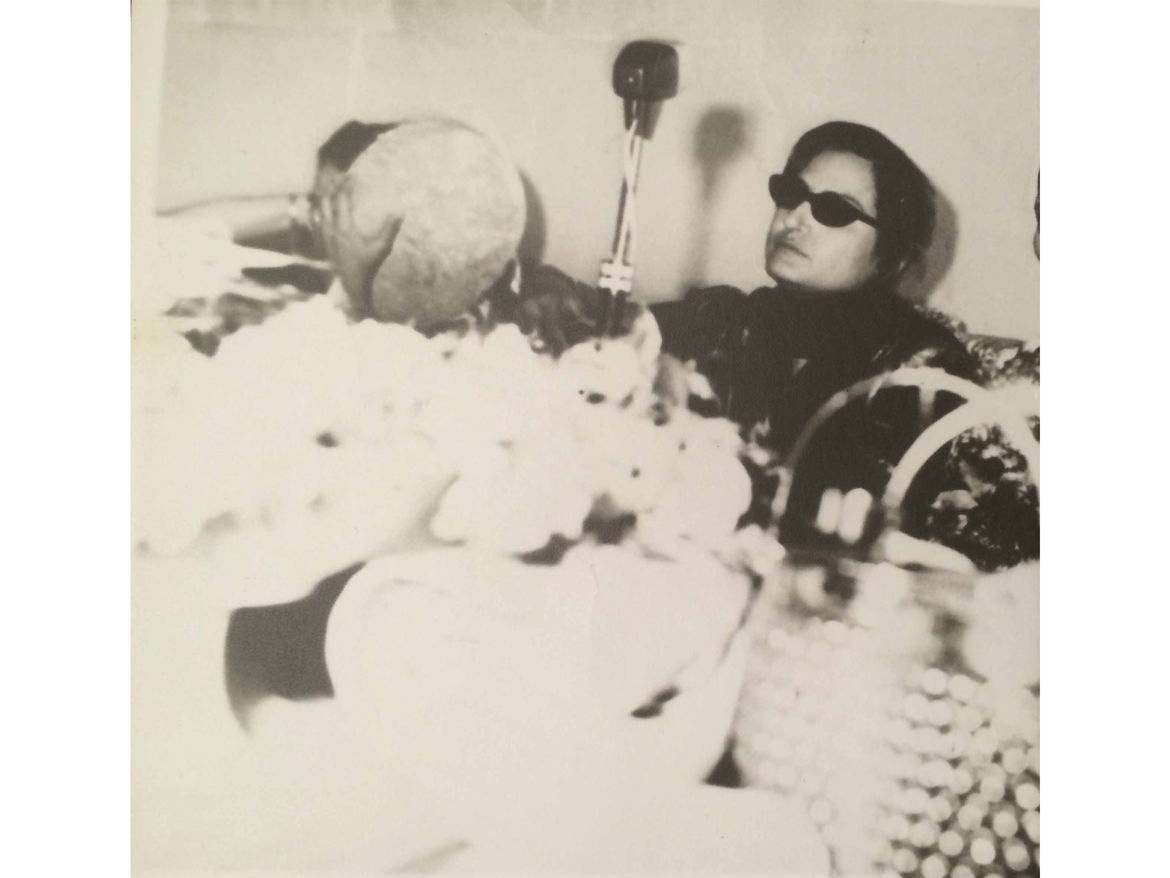Manal: Hi May, Again our correspondence happens with me in one country and you in another. Our analysis of our week-long second run of data gathering in Saudi totally digested in a way.
During the past couple of weeks we started to develop some ideas and at the same time we had an amazing time questioning and dissecting them. I think the first interesting revelation we had was how we told our story to different women and how we explained our project concept to people of completely different backgrounds than ours. Those discussions were our story-telling moments. But it remains whenever we thought we had simplified our concept to a short explainable story .... We would launch into a long discussion that negated everything we said. So, can I safely say that our project revolves around two ideas: 1. Understanding the false archive 2. Redefining the description "Saudi Woman" within the false archive.
What do you think May? Do you want to add to or change these two points?
May: Hala Manal, I like your insight into our experience with storytelling as we were collecting stories! Sort of a meta-observation. I think it also captures some of the inherent tensions in our project that you were getting at: constructing and deconstructing at the same time. Constructing an archive, yet critiquing the 'concept' of an archive. Collecting stories, yet critically reflecting on the notion of an oral history project. I like that tension.
Originally, what really drew me to this project was that I wanted to challenge the notion of exceptionalism tied to "Saudi women". I wanted to problematize why some Saudi women are hypervisible. In particular, I wanted to better understand the experience of many women who worked within "the system" to try to change it. These are often discredited in scholarship as "window dressing" or disregarded by those who would rather not see women anywhere. Yet I also wanted to create a space to address why current hegemonic formulas for "participation" can also be limiting. I want to feature women left out of official narratives/history of the celebrated "Saudi woman". So that tension is an inherent part of the project from the beginning for me. Is that something that resonates with you?
I'm also a little hesitant to use the word "false". I'm not sure why. Do you think the archive is false? Part of me wishes we could include our collaboration as part of the outcome and not only as the process piece in the project. Wishful thinking?
Manal: Ahlan wi Sahlan ya Dactoora! Your last email got me thinking about several “tension” points for us during this project, I agree that there is an obvious exclusion of “regular” women from the collective memory of our societies. A Saudi woman must be exceptional or she has no space in the “official narrative/history” as you put it. But by defining this group as regular women are we again going back into a loop that continues to exclude? In our fervor to preserve and deepen understanding are we creating a negative grouping? Or are we expanding the collective memory just a little bit to include our version of the story?
I think we started to answer these questions quite early in our process. Especially when we started to question the idea of the archive and recognized that there are several versions to a story. A version that we are telling, a version that our data carries, and a version that is developed in the mind of the person that comes across our project. Which I think led us to the conclusion that our real focus is not about documentation of a specific group, rather it is about understanding how to navigate knowledge in our current environment of data and media overload.
I understand that you might have reservations towards the use of the word “false” because it carries a completely negative meaning. How do you see us defining this project?
May: Hala Manal, I see our project as an exploration of the absurd and the paradoxical: A mixed media archive of Saudi women's stories that documents the voices of women alongside representations about them. Accordingly, it is a project about women speaking and being spoken for. I want to retain that original passion we both had of (attempting to) create an emancipatory alternative space for representing women's history and lives.
Personally, I don’t see a contradiction between this project being a project about representation as well as a project about challenging how knowledge is produced about our social world. Remember when we started the project we had lots of discussions about Archive Fever? That launched us into a long conversation about methodology. I was telling you how much my approach to the project is inspired by standpoint theory: that all truths are partial and that attempts to represent the social world always emerge from a particular position that the producer of knowledge holds. So what is routinely presented as “objective” knowledge about the world is actually socially constructed and often hegemonic because it reflects the interests and view points of those in power. Accordingly, our construction of “an archive” is an opportunity to reflect on the ways that power shapes knowledge production. However, we would not be doing this in a void. It has to, in fact it must, emerge out of our experiences about something we care deeply about.
Yallah, that’s enough for now. Until we meet again..
